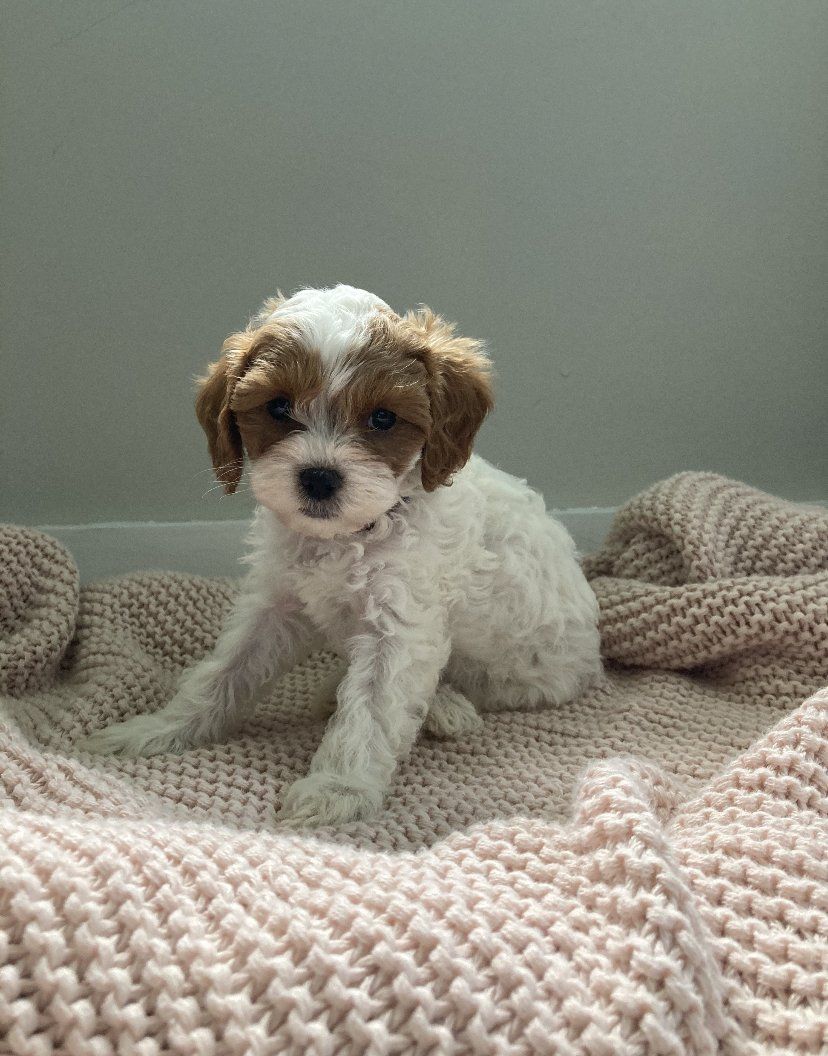5 Tips For Successfully House Training Your Puppy
Homemade Puppies, LLC strives to be your trusted source for not only connecting with your new fur-baby, but also answering the dog related questions you may have to enhance your experience with your dog/puppy. Each week our in house dog expert, Katie, answers your puppy and dog questions. Submit your canine questions to info@homemadepuppies.com.
As always puppies advertised on Homemade Puppies are always 100% raised in-home by responsible family breeders...never raised outside or in a barn, etc. No Puppy Mills, ever. We promise. www.homemadepuppies.com
Here is this week's blog from Katie!
House training - the biggest source of stress for puppy owners! No one likes cleaning up puppy accidents in their house. So what can be done to make house training go smoothly?
Here are 5 tips to help the house training process with your puppy:
1️⃣ Watch your puppy! Seriously this seems pretty obvious but it is the number one reason puppies have accidents in the house. When a puppy relieves themselves in the house, it is rewarding to them. They feel better that their bladder is empty. By keeping a very close eye on your puppy, you will catch them in the act of having an accident. This gives you the opportunity to interrupt your puppy as they are in the act and take them outside. An accident in the house that was not observed by anyone is a missed opportunity to teach your puppy the proper spot to go potty. If an accident does occur, cleaning the spot thoroughly with an enzymatic cleaner, such as Nature's Miracle, or white vinegar, will help eliminate the odor and the likelihood that your puppy will want to go there again.
To make it easier to watch your puppy, keep them attached to you with a leash. This is called the puppy umbilical cord. 😁 This ensures they can't sneak away to have an accident. If you can't directly watch your puppy and you can't attach them to yourself with a leash ( we all need to shower right?!), use a crate. The crate is the best and safest place for the puppy to be when not being directly watched. ( see the blog on crate training to get your puppy comfortable with being in a crate). https://www.homemadepuppies.com/10-ways-to-help-crate-train-your-dog
2️⃣ Know when your puppy is "empty" or "full". Feed your puppy meals at certain times. Most puppies need to eat 2-4 times a day depending on age and size. By feeding set meals, and not just letting the puppy graze, you will know when your puppy might need to go potty. Puppies usually need to go potty 15-30 minutes after eating.
The same goes for water. Give the puppy set times to drink water such as after a meal, after exercise and play or after being crated. How much water your puppy drinks will determine how often they need to go out. Make sure your puppy has adequate access to water, but by observing your puppy you will know when and how much they drink so therefore you can better determine when they will need to go out.
3️⃣ Have a routine. Generally a puppy needs to go outside every 15-30 minutes when they are not crated. When crated a puppy should be able to hold their bladder for 1 hour for every month they are old. A three month old puppy should be able to hold it for 3 hours when crated. Make sure there is adequate time between when a puppy eats or drinks and when they will be crated. When puppies are running and playing, they will need to go out to potty more frequently. A puppy will mostly likely need to go out after they wake up, after they eat or drink, after being crated and after they are playing for more than 15-30 minutes. At night take away food and water 2-3 hours before bedtime.
By watching your puppy closely, you should be able to pick up on clues from their behavior that will tell you when they need to go potty.
4️⃣ Use bells. I recommend this method after your puppy is slightly older, 5-6 months or so. Once your puppy has started to earn some freedom in the house, many people want a way for their puppies to communicate that they have to go out. Hang a bell or strip of bells ( many larger pet stores sell strips of bells for this purpose) on the door that you use to take your puppy outside. Use the same door every time you take your puppy outside. Show your puppy the bells. You can even touch the bells gently to your puppy's nose so that they make noise. Then take your puppy outside. Offer lots of praise for going potty outside! You can even give a food reward, but if you are going to do this the timing has to be right. The food reward has to be given immediately after the puppy goes potty. If you wait until the puppy comes in the house, the food reward will not be connected with going potty outside, it will be associated with coming into the house. When taking your puppy outside, keep it simple. Go to the same area. By doing this your puppy will smell where they have eliminated before and it will encourage them to go there again. Pace or move around slightly, but avoid distractions or playing with the puppy until they have gone potty.
By being consistent with using the door with the bells, your puppy should catch on that going to that door and touching the bells with their nose or paw is how they get outside to go potty.
5️⃣ Be patient. Just as toilet training a child doesn't usually happen in one day, house training a puppy will take time and patience. Young puppies are physically not able to hold their bladders for long and often the urge to go comes on rather suddenly. Wanting your puppy to "just wait a minute" usually doesn't work. Take your puppy out as soon as you think they need to go. Taking your puppy out too often is better than not often enough. Your puppy will need time to mature to be able to hold their bladder longer before they can truly be considered house trained. People who do the best with house training their puppies are observant and dedicated to taking their puppies outside often. They are lavish with praise when the puppy goes outside. They are patient and they learn their puppy's routine. Some puppies are easier than others to house train, but with time, consistency and dedication your puppy can be successfully house trained.
❤ Katie Watterson
Do you have a question for Katie? Submit your question(s) to info@homemadepuppies.com.
Looking for a puppy? We have a large variety of puppies from pure-bred to mixed breed and large to small. Check out the in-home raised puppies we offer at
. The puppy's information such as location, description, price, breeder's contact information will be listed on the puppy's page. As always puppies advertised on Homemade Puppies are always 100% raised in-home...never a kennel or barn, etc. No Puppy Mills, ever. We promise.
Do you have a litter of in-home raised puppies that you would like to advertise on www.homemadepuppies.com? Email info@homemadepuppies.com for more information on how to get started!
Thank you!
Don't forget to catch Katie's blog from last week: https://www.homemadepuppies.com/10-ways-to-help-crate-train-your-dog
*As always Katie's advice is on this blog are only meant to be used as tips and should never replace your veterinarian's advice. Always consult your veterinarian regarding your dog's health.
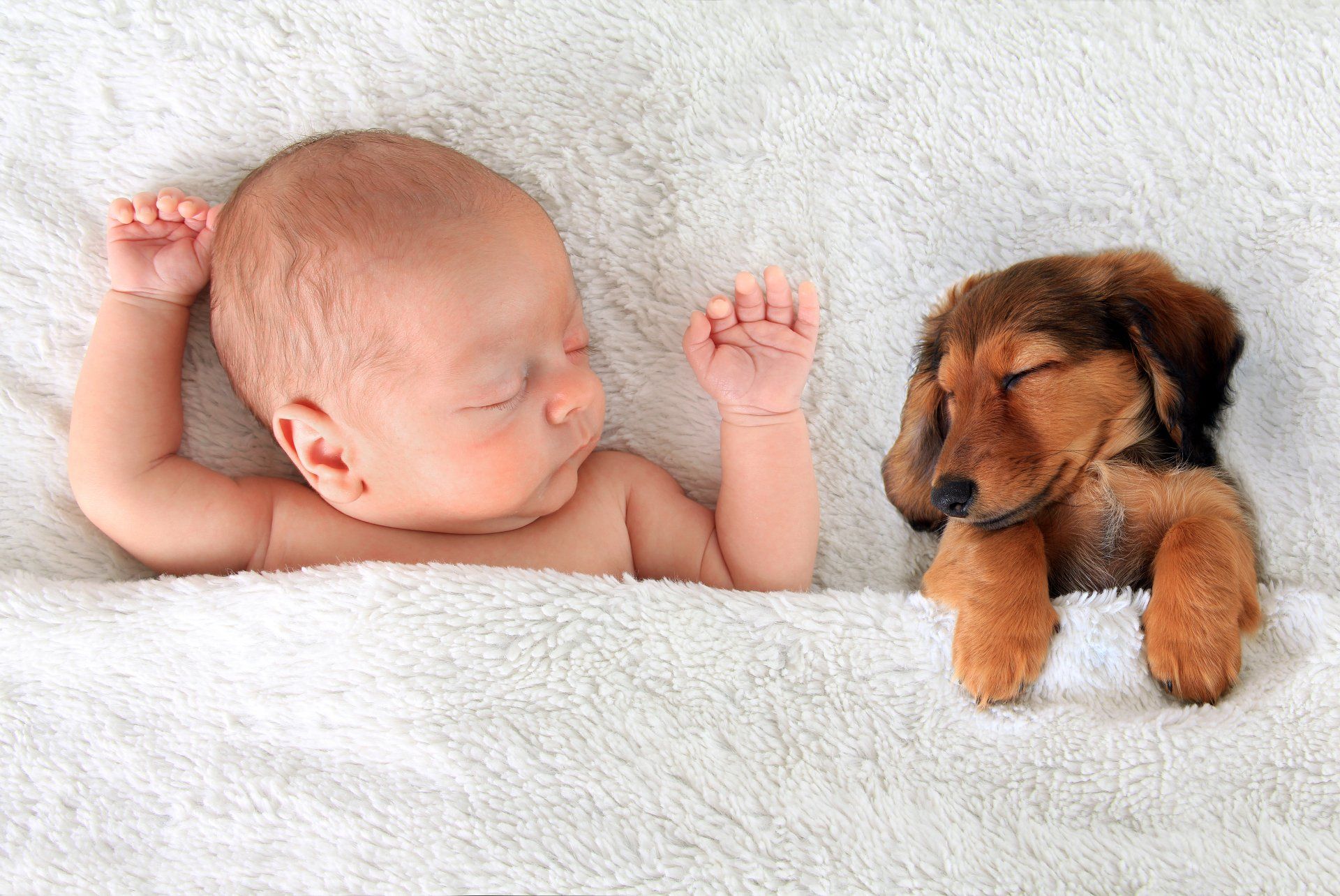
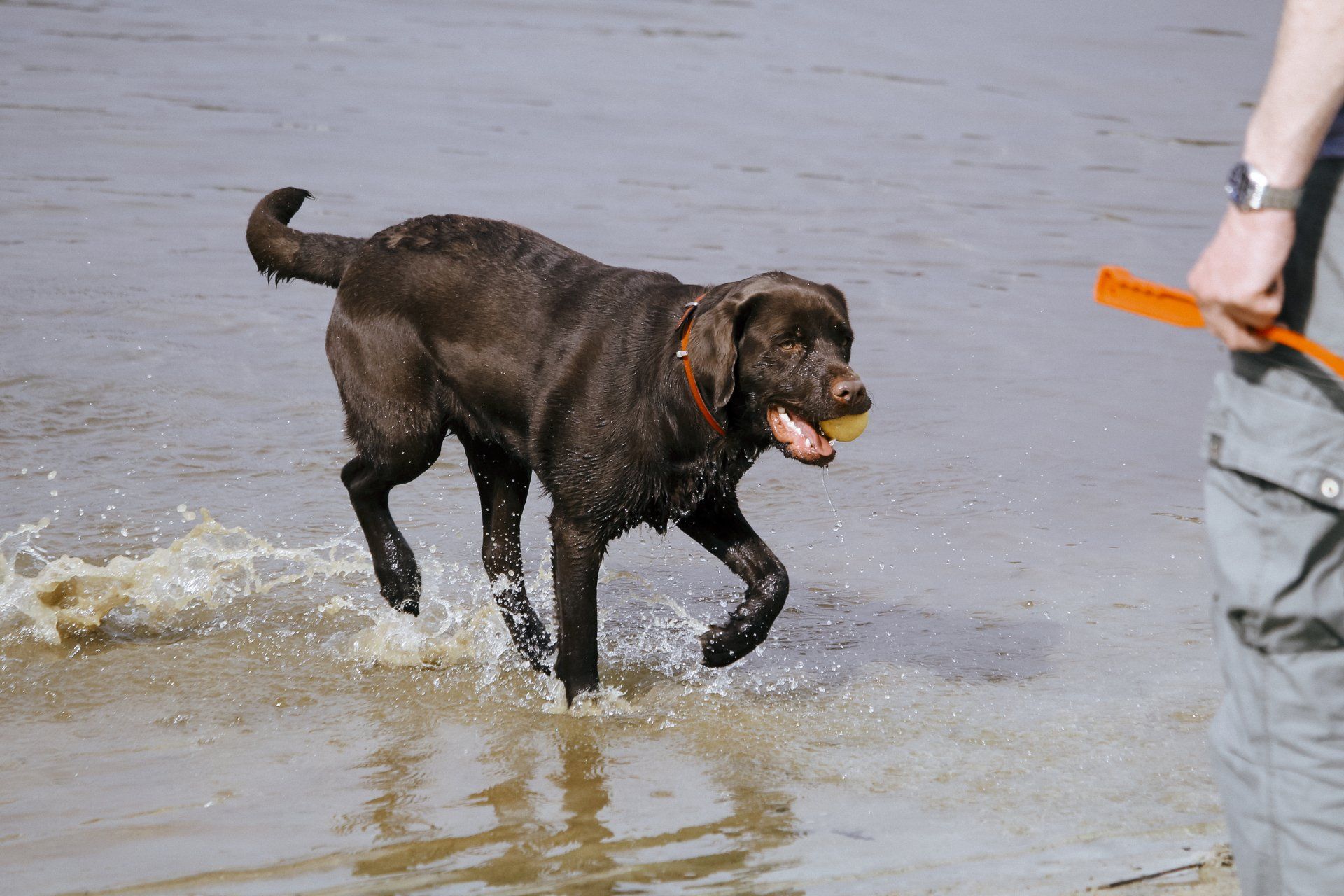
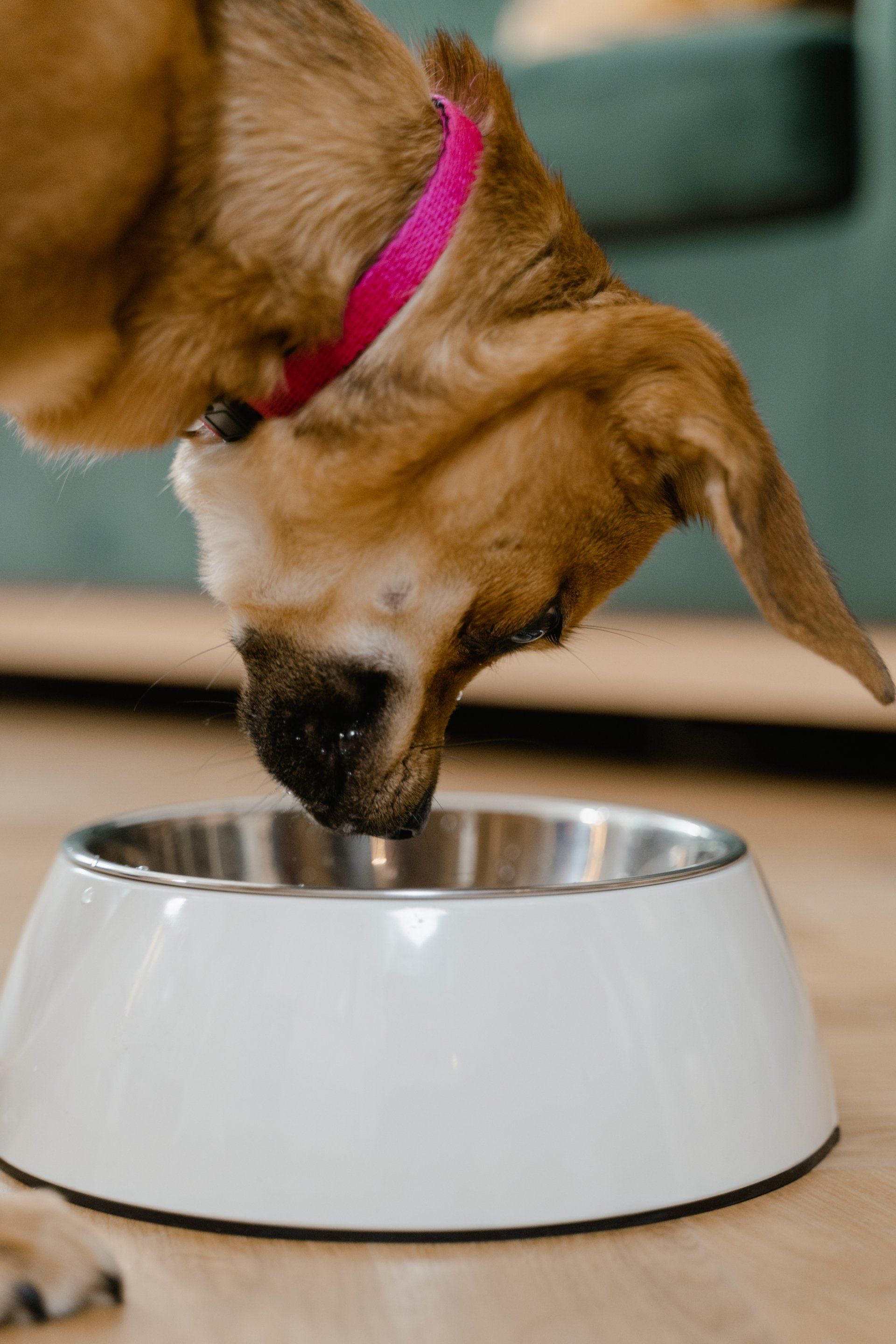
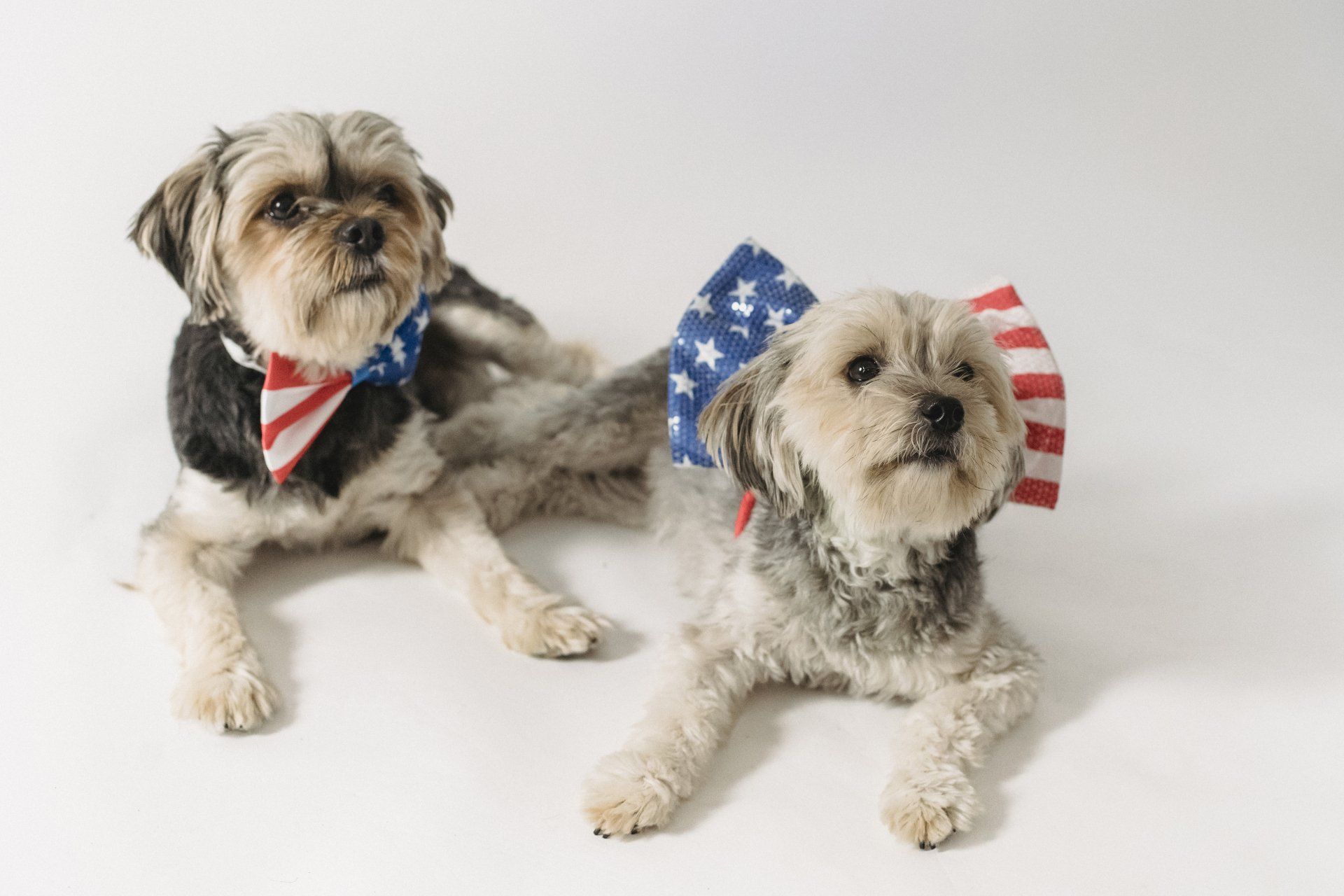
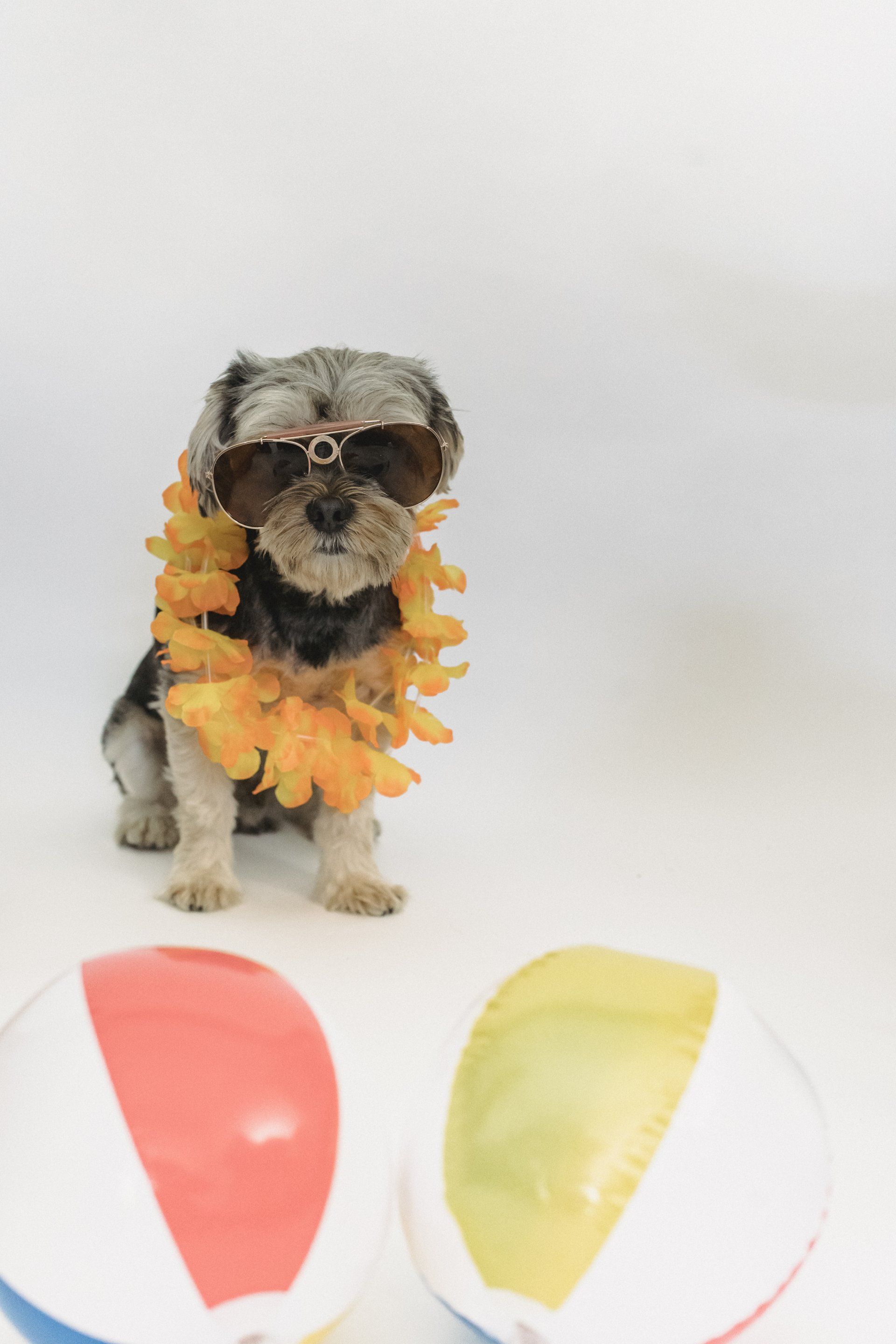
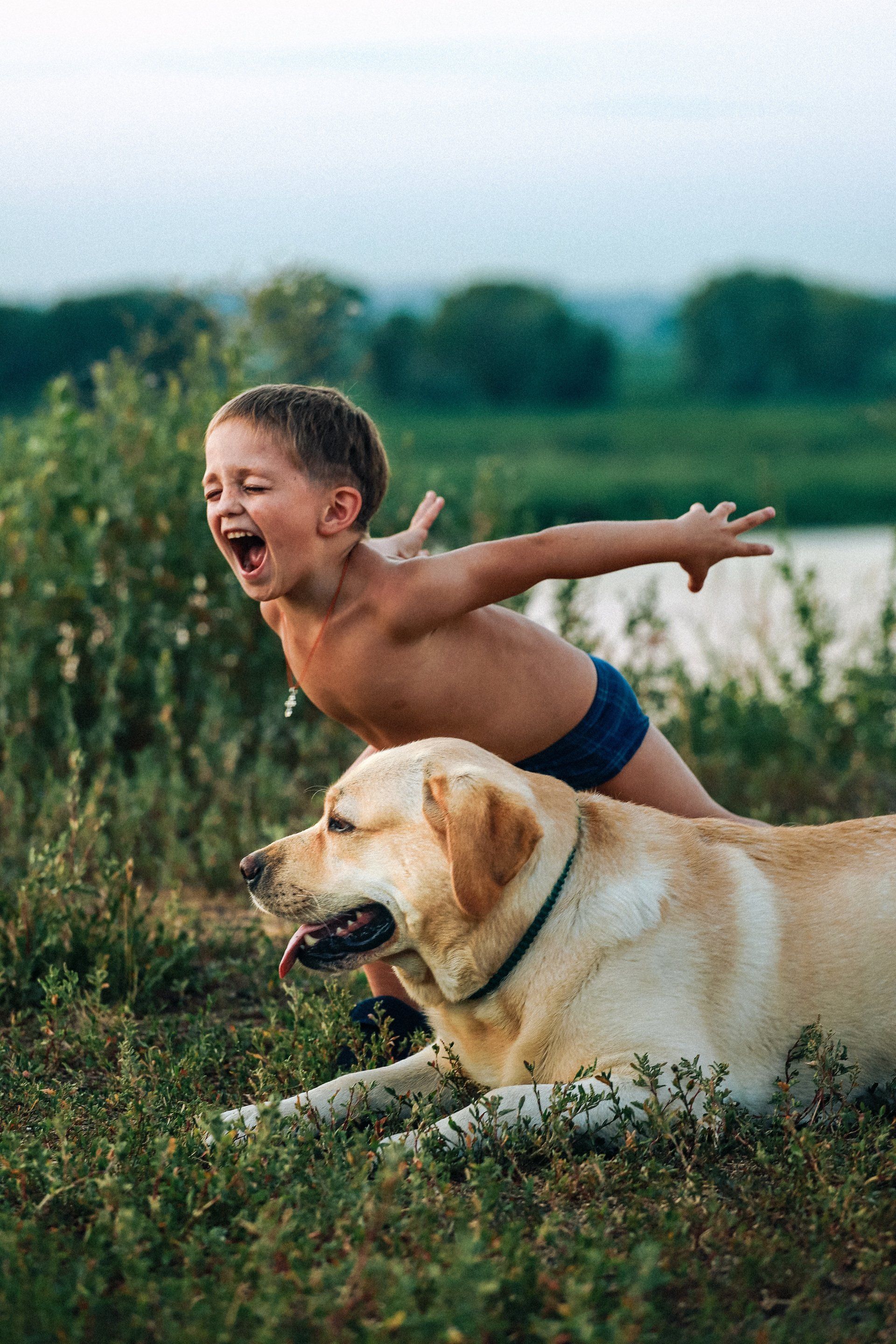
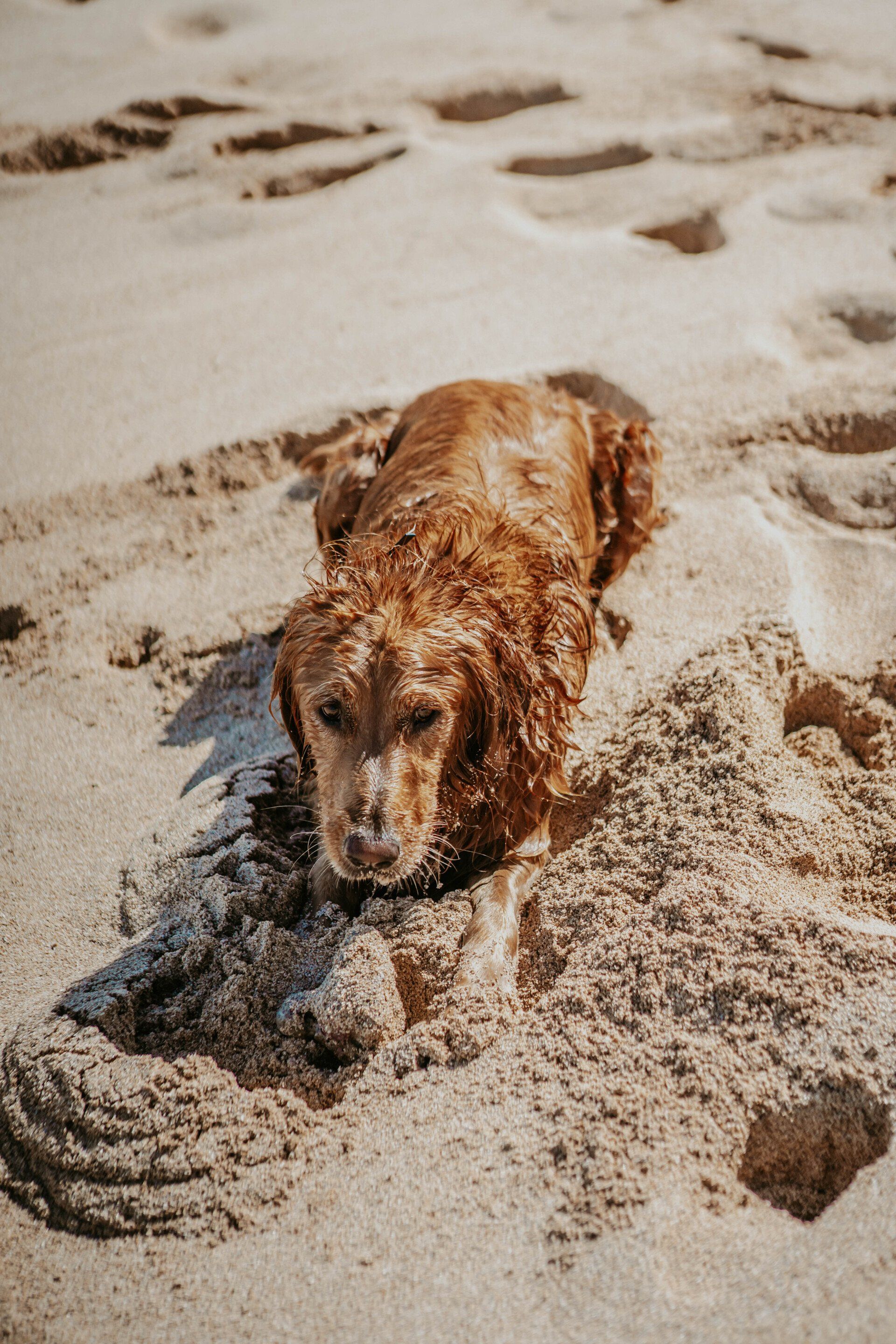
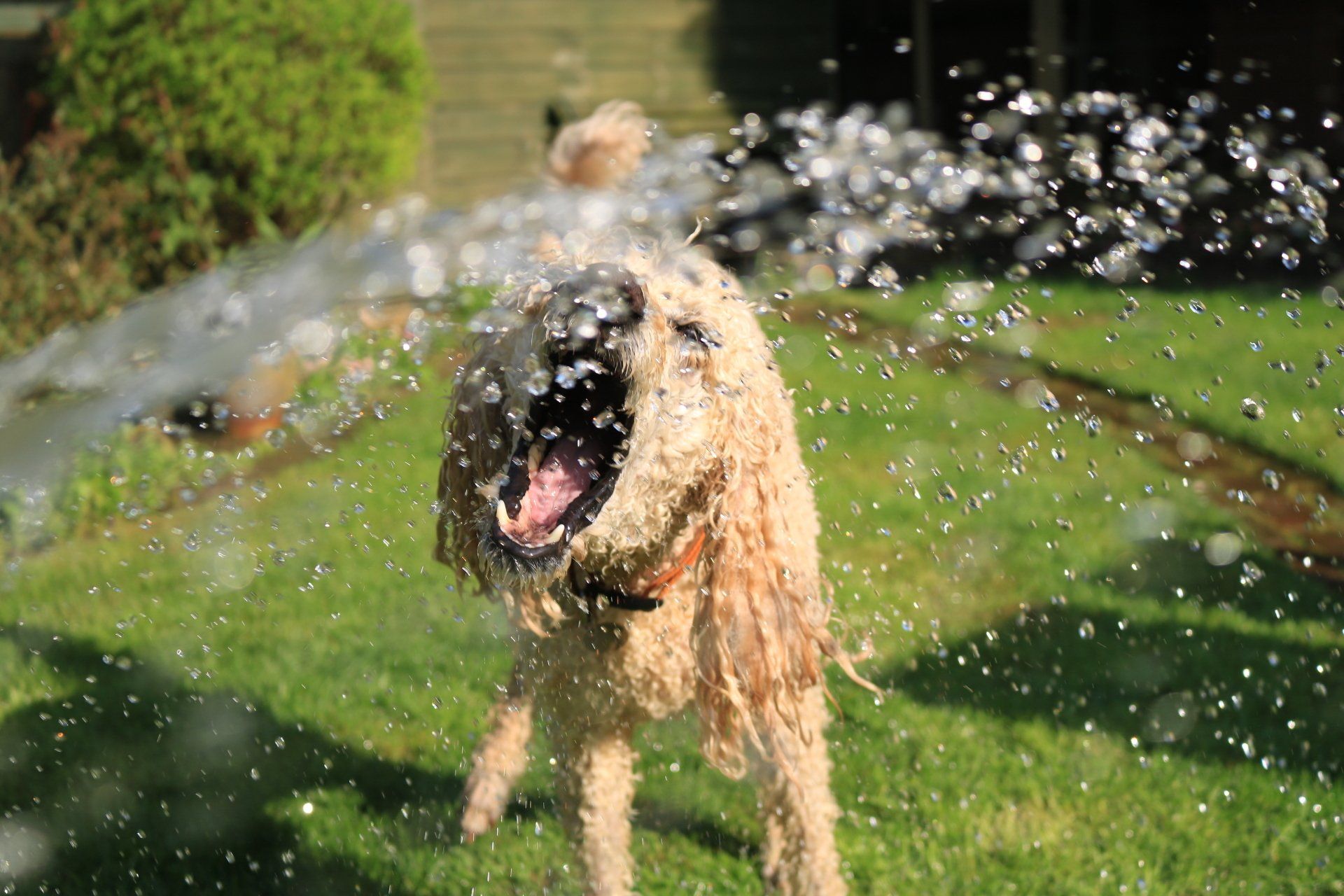
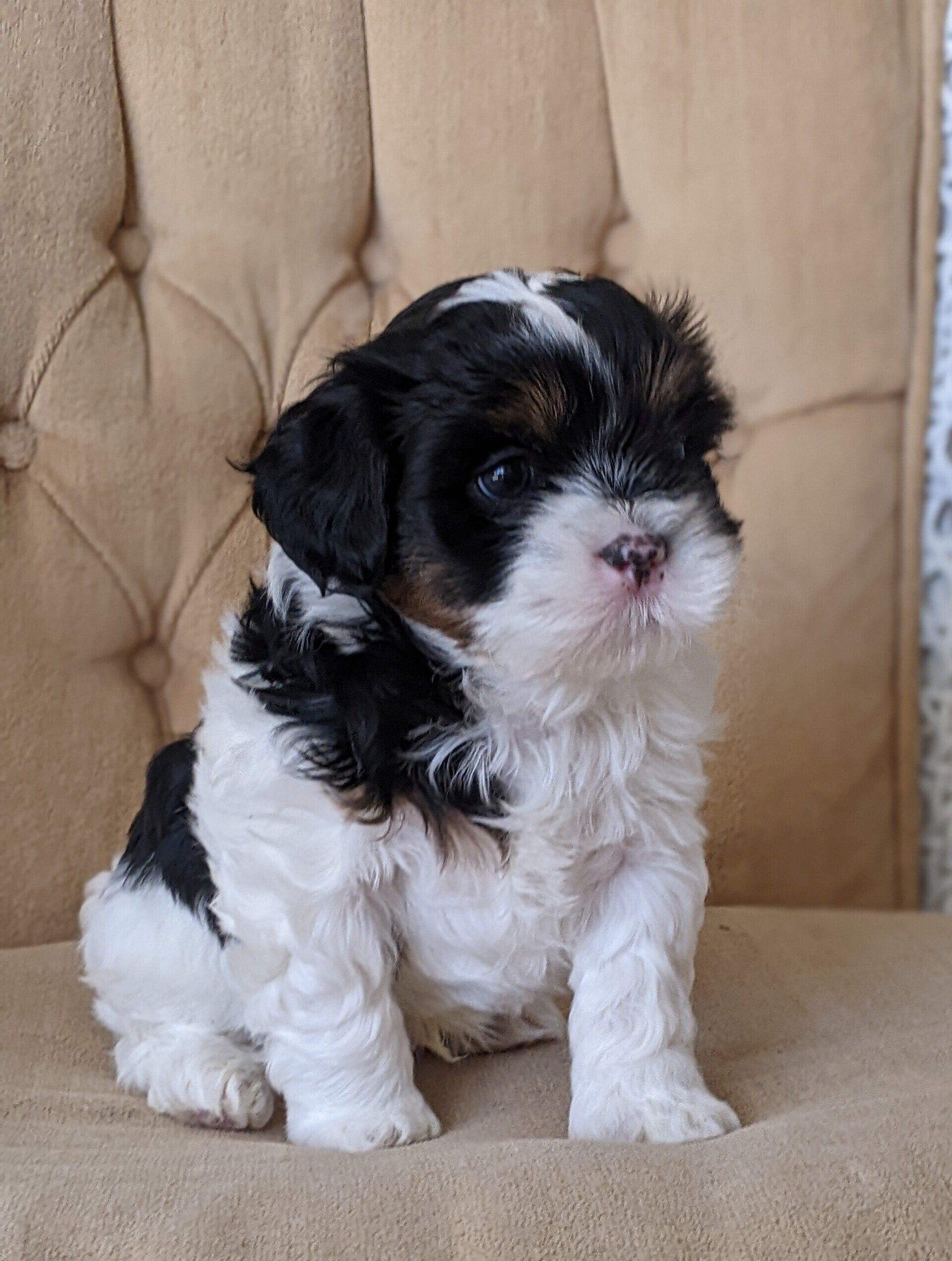
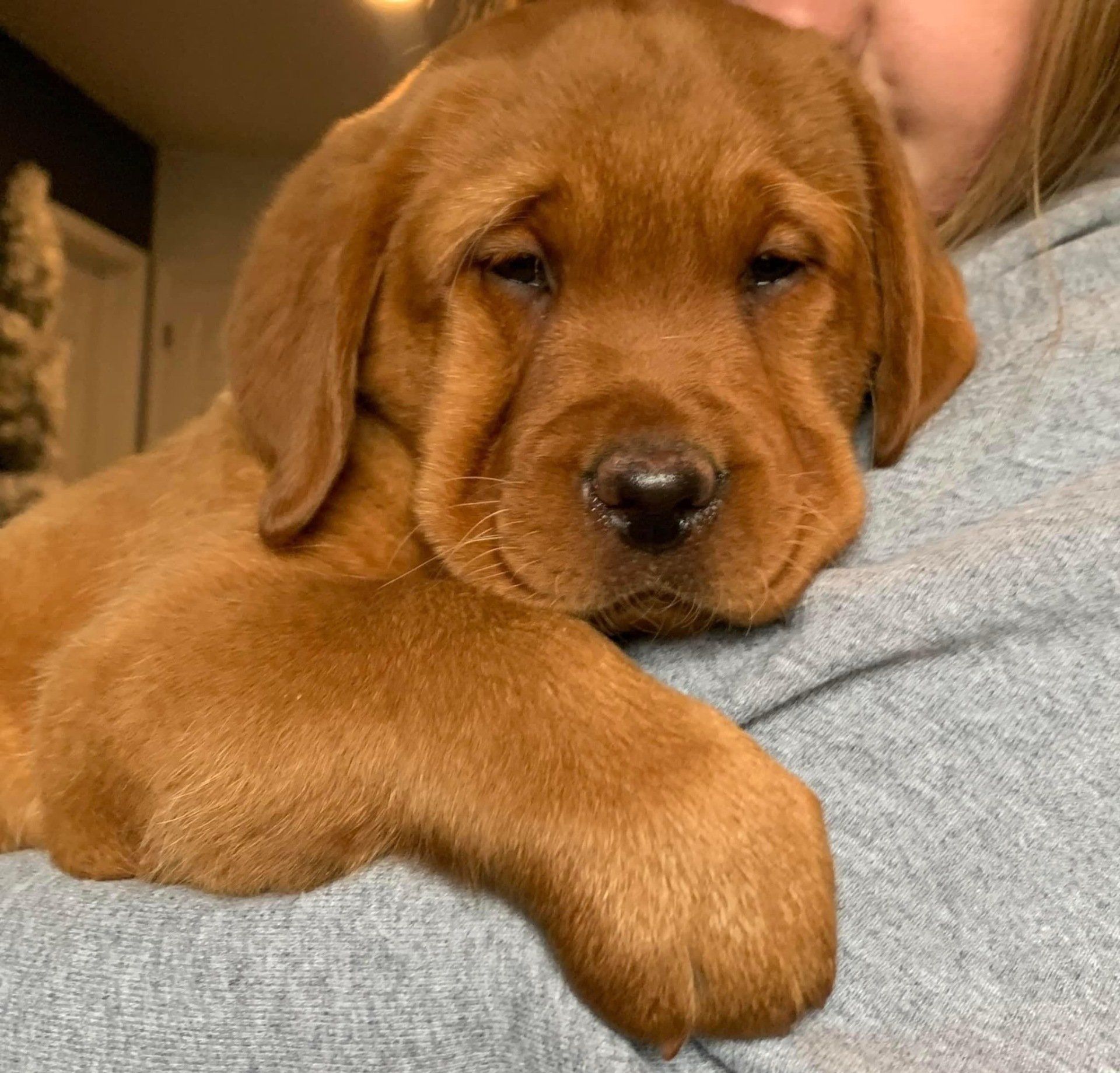
Sign up for our Newsletter
Thank you for joining our newsletter!
Please try again later.
Contact Us
We will get back to you as soon as possible.
Please try again later.
All Rights Reserved | Homemade Puppies LLC
